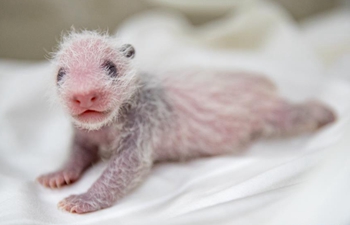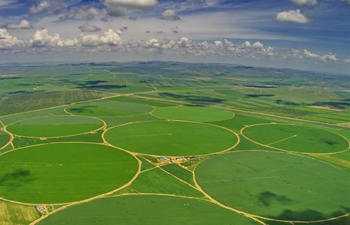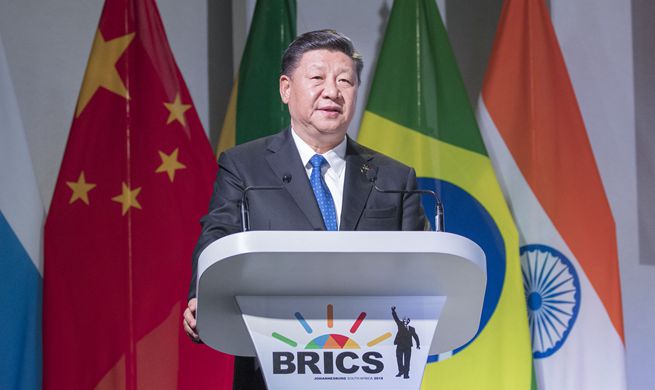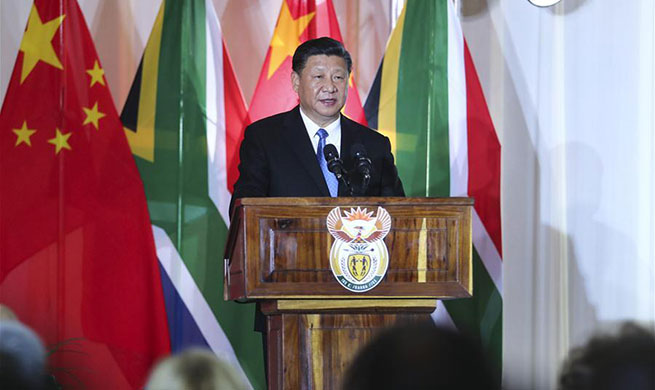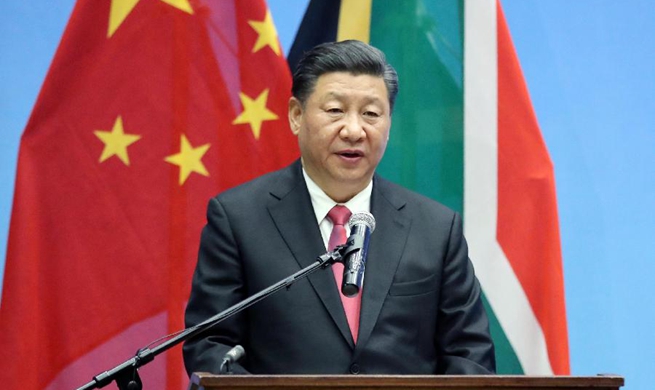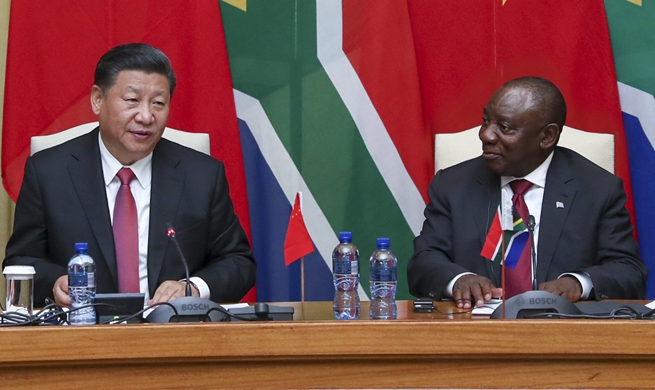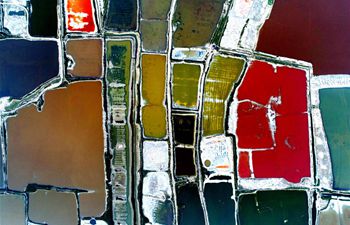BEIJING, July 25 (Xinhua) -- The price of running new energy vehicle (NEV) power batteries declined in 2017, to an average of 1.45 yuan (about 0.22 U.S. dollars) for each watt hour (wh), 25 percent lower than 2016, according to an annual report on the industry.
A total of 819,000 NEVs were manufactured and around 777,000 were sold in 2017, and 37.35 billion wh of power batteries were assembled for NEVs, said the report.
The improvement in the industrial chain and the rising percentage of domestic batteries contributed to the cost reduction, according to the report.
The cost of NEV power batteries need to be as low as traditional fuel vehicles to make NEVs competitive in price, the report said. The power battery price is expected to be lowered to 0.6 to 0.7 yuan per wh.
China started subsidizing green cars in 2010, with up to 50,000 yuan for each hybrid and 60,000 yuan for a pure EV. But the subsidies have gradually decreased since 2014.
Starting June 12, 2018, vehicles with a driving range below 150 km will receive no subsidies, vehicles with a 150 km to 300 km driving range will receive minimal subsidies, and those with over 300 km will receive the most, according to a new Ministry of Finance policy.
The government expects annual NEV output to hit 2 million in 2020, with NEV sales making up 20 percent of the overall auto market by 2025.
The report also said the power batteries recycling system was being improved, with an estimated 111,400 tonnes of power batteries expected to be recycled in 2019.








